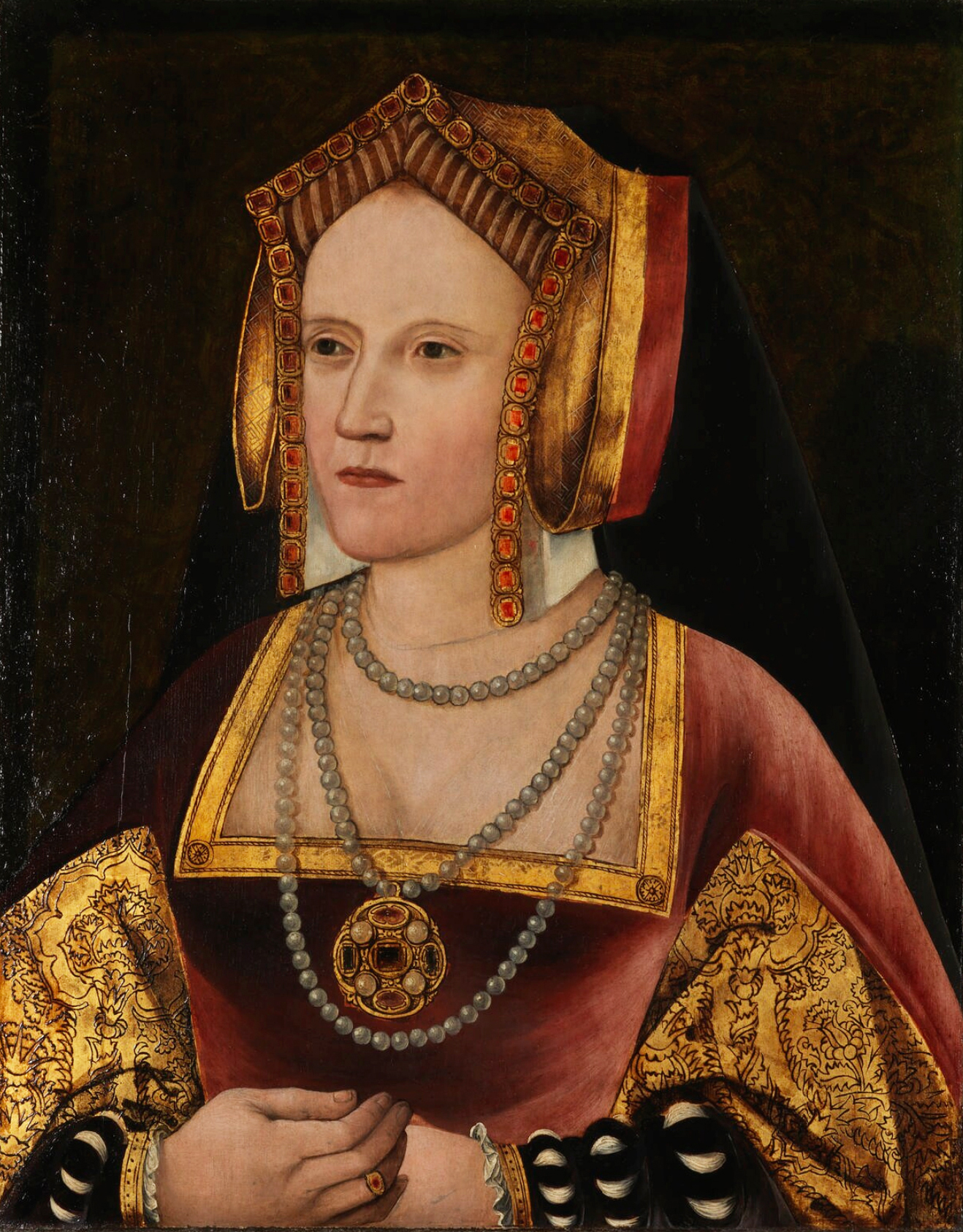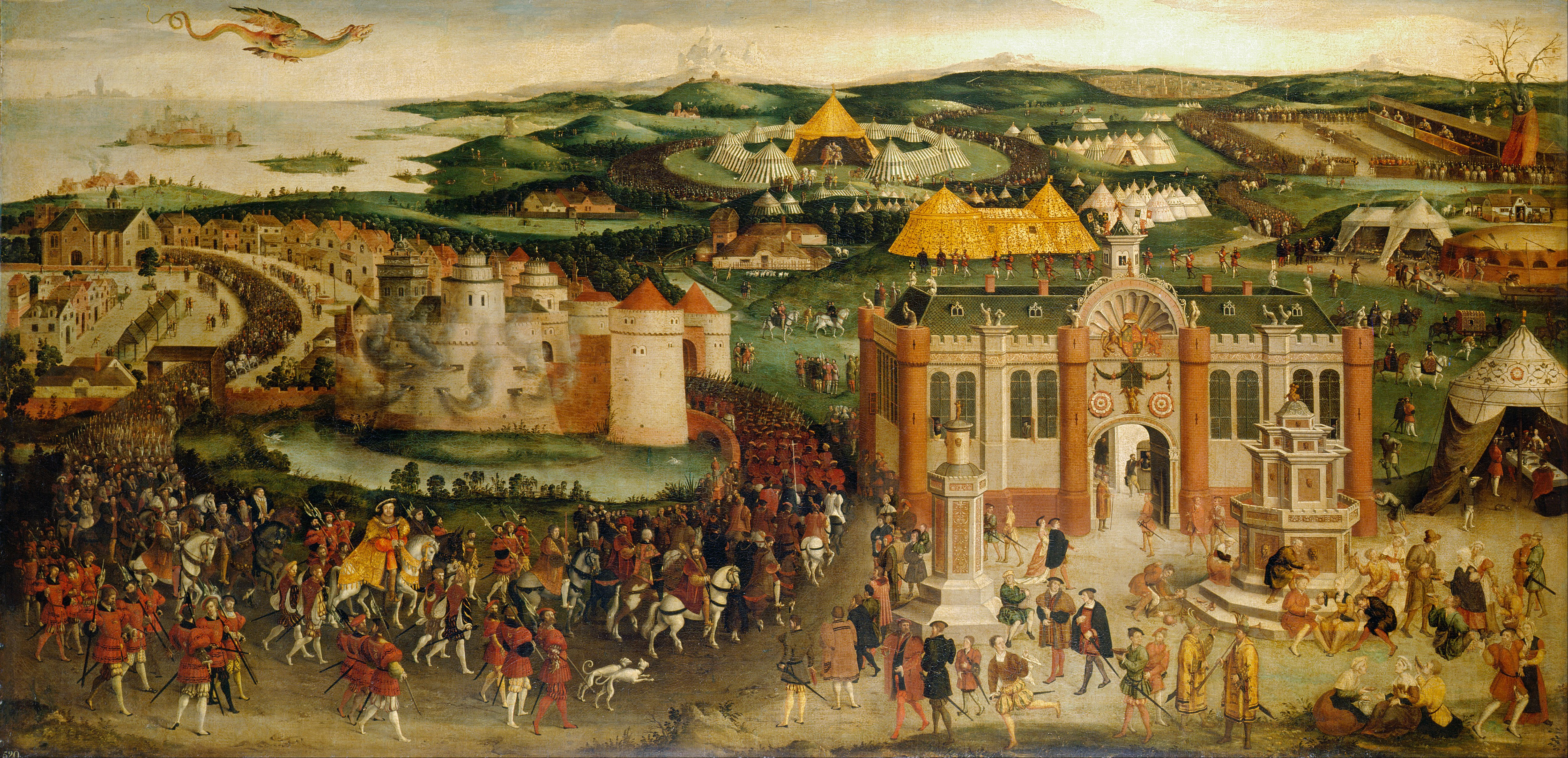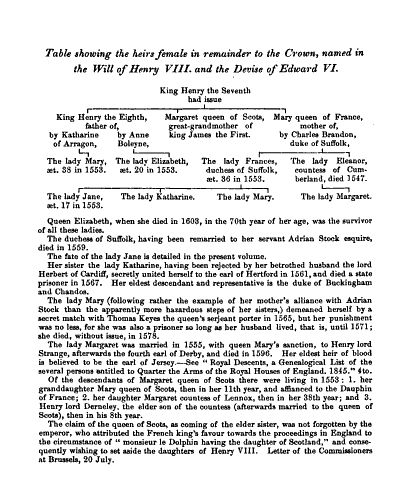|
Richard Southwell (died 1514)
Richard Southwell (c. 1449 – 27 September 1514) was a 15th-century British administrator from Norfolk. He was a Marshal of the Exchequer and an administrator for the Duke of Norfolk. Early life Richard Southwell was the son of Robert Southwell of Barnham, Norfolk and his wife Isabel Boyes. Career During the second half of the fifteenth century, the Southwell name appears increasingly in government matters, with Richard being appointed to a number of commissions and administrative posts. Richard was the Member of Parliament for Yarmouth in 1455 and Escheator of Norfolk in 1455–56, 1459–60 and 1474. Robert Boys who owned land in Norfolk gave his mother, Sibylle Boys, power of attorney over his interests and he died six years later in 1440, leaving a widow, Jane Boys, and a daughter, Katherine. Jane was, at some time, promised in marriage to Southwell, but before the marriage could take place she was taken by Robert Langstrother. In retaliation Southwell took possession of Si ... [...More Info...] [...Related Items...] OR: [Wikipedia] [Google] [Baidu] |
Norfolk
Norfolk () is a ceremonial and non-metropolitan county in East Anglia in England. It borders Lincolnshire to the north-west, Cambridgeshire to the west and south-west, and Suffolk to the south. Its northern and eastern boundaries are the North Sea, with The Wash to the north-west. The county town is the city of Norwich. With an area of and a population of 859,400, Norfolk is a largely rural county with a population density of 401 per square mile (155 per km2). Of the county's population, 40% live in four major built up areas: Norwich (213,000), Great Yarmouth (63,000), King's Lynn (46,000) and Thetford (25,000). The Broads is a network of rivers and lakes in the east of the county, extending south into Suffolk. The area is protected by the Broads Authority and has similar status to a national park. History The area that was to become Norfolk was settled in pre-Roman times, (there were Palaeolithic settlers as early as 950,000 years ago) with camps along the highe ... [...More Info...] [...Related Items...] OR: [Wikipedia] [Google] [Baidu] |
Suffolk
Suffolk () is a ceremonial county of England in East Anglia. It borders Norfolk to the north, Cambridgeshire to the west and Essex to the south; the North Sea lies to the east. The county town is Ipswich; other important towns include Lowestoft, Bury St Edmunds, Newmarket, and Felixstowe which has one of the largest container ports in Europe. The county is low-lying but can be quite hilly, especially towards the west. It is also known for its extensive farming and has largely arable land with the wetlands of the Broads in the north. The Suffolk Coast & Heaths and Dedham Vale are both nationally designated Areas of Outstanding Natural Beauty. History Administration The Anglo-Saxon settlement of Suffolk, and East Anglia generally, occurred on a large scale, possibly following a period of depopulation by the previous inhabitants, the Romanised descendants of the Iceni. By the fifth century, they had established control of the region. The Anglo-Saxon inhabitants later b ... [...More Info...] [...Related Items...] OR: [Wikipedia] [Google] [Baidu] |
Henry VIII
Henry VIII (28 June 149128 January 1547) was King of England from 22 April 1509 until his death in 1547. Henry is best known for his six marriages, and for his efforts to have his first marriage (to Catherine of Aragon) annulled. His disagreement with Pope Clement VII about such an annulment led Henry to initiate the English Reformation, separating the Church of England from papal authority. He appointed himself Supreme Head of the Church of England and dissolved convents and monasteries, for which he was excommunicated by the pope. Henry is also known as "the father of the Royal Navy" as he invested heavily in the navy and increased its size from a few to more than 50 ships, and established the Navy Board. Domestically, Henry is known for his radical changes to the English Constitution, ushering in the theory of the divine right of kings in opposition to papal supremacy. He also greatly expanded royal power during his reign. He frequently used charges of treason and ... [...More Info...] [...Related Items...] OR: [Wikipedia] [Google] [Baidu] |
Francis Southwell
Francis Southwell (died 1581) was auditor of the exchequer under Henry VIII and a Member (MP) of the Parliament of England for St. Albans in 1558. He was the third son of Francis Southwell and Dorothy, daughter and co-heiress of William Tendring. His elder brothers were Sir Richard Southwell (1502/3–1564) and the lawyer Sir Robert Southwell (c. 1506 – 1559) of Mereworth in Kent. A fourth brother, Anthony, married Anne Le Strange, daughter of Sir Thomas Le Strange. Southwell first married Alice, daughter of William Standish, the widow of John Mynne (d. 14 December 1542), Auditor of the Exchequer, Clerk to the Surveyor General and Master of the Woods to Henry VIII, and the son of Nicholas Mynne of Fransham Parva in Norfolk (d. 1530). John Mynne (d. 1542) was the uncle of Nicholas Mynne. The marriage of Alice and Francis Southwell left no issue, but from her first marriage Alice had many children. Her sons were Edward (22 June 1534 – 14 July 1551R. Hastings, 'Calvert and ... [...More Info...] [...Related Items...] OR: [Wikipedia] [Google] [Baidu] |
High Sheriff Of Kent
The high sheriff is the oldest secular office under the Crown (prior to 1974 the office previously known as sheriff)."Sheriffs appointed for a county or Greater London shall be known as high sheriffs, and any reference in any enactment or instrument to a sheriff shall be construed accordingly in relation to sheriffs for a county or Greater London." () Formerly the high sheriff was the principal law enforcement officer in the county but over the centuries most of the responsibilities associated with the post have been transferred elsewhere or are now defunct, so that its functions are now largely ceremonial. The high sheriff changes every March. This is a list of high sheriffs of Kent. ''The His ... [...More Info...] [...Related Items...] OR: [Wikipedia] [Google] [Baidu] |
Member Of Parliament
A member of parliament (MP) is the representative in parliament of the people who live in their electoral district. In many countries with bicameral parliaments, this term refers only to members of the lower house since upper house members often have a different title. The terms congressman/congresswoman or deputy are equivalent terms used in other jurisdictions. The term parliamentarian is also sometimes used for members of parliament, but this may also be used to refer to unelected government officials with specific roles in a parliament and other expert advisers on parliamentary procedure such as the Senate Parliamentarian in the United States. The term is also used to the characteristic of performing the duties of a member of a legislature, for example: "The two party leaders often disagreed on issues, but both were excellent parliamentarians and cooperated to get many good things done." Members of parliament typically form parliamentary groups, sometimes called caucuse ... [...More Info...] [...Related Items...] OR: [Wikipedia] [Google] [Baidu] |
Mary I Of England
Mary I (18 February 1516 – 17 November 1558), also known as Mary Tudor, and as "Bloody Mary" by her Protestant opponents, was Queen of England and Ireland from July 1553 and Queen of Spain from January 1556 until her death in 1558. She is best known for her vigorous attempt to reverse the English Reformation, which had begun during the reign of her father, Henry VIII. Her attempt to restore to the Church the property confiscated in the previous two reigns was largely thwarted by Parliament, but during her five-year reign, Mary had over 280 religious dissenters burned at the stake in the Marian persecutions. Mary was the only child of Henry VIII by his first wife, Catherine of Aragon, to survive to adulthood. Her younger half-brother, Edward VI, succeeded their father in 1547 at the age of nine. When Edward became terminally ill in 1553, he attempted to remove Mary from the line of succession because he supposed, correctly, that she would reverse the Protestant refor ... [...More Info...] [...Related Items...] OR: [Wikipedia] [Google] [Baidu] |
Edward VI Of England
Edward VI (12 October 1537 – 6 July 1553) was King of England and Ireland from 28 January 1547 until his death in 1553. He was crowned on 20 February 1547 at the age of nine. Edward was the son of Henry VIII and Jane Seymour and the first English monarch to be raised as a Protestant. During his reign, the realm was governed by a regency council because he never reached maturity. The council was first led by his uncle Edward Seymour, 1st Duke of Somerset (1547–1549), and then by John Dudley, 1st Earl of Warwick (1550–1553), who from 1551 was Duke of Northumberland. Edward's reign was marked by economic problems and social unrest that in 1549 erupted into riot and rebellion. An expensive war with Scotland, at first successful, ended with military withdrawal from Scotland and Boulogne-sur-Mer in exchange for peace. The transformation of the Church of England into a recognisably Protestant body also occurred under Edward, who took great interest in religious matters. His fath ... [...More Info...] [...Related Items...] OR: [Wikipedia] [Google] [Baidu] |
Henry VIII Of England
Henry VIII (28 June 149128 January 1547) was King of England from 22 April 1509 until his death in 1547. Henry is best known for his six marriages, and for his efforts to have his first marriage (to Catherine of Aragon) annulled. His disagreement with Pope Clement VII about such an annulment led Henry to initiate the English Reformation, separating the Church of England from papal authority. He appointed himself Supreme Head of the Church of England and dissolved convents and monasteries, for which he was excommunicated by the pope. Henry is also known as "the father of the Royal Navy" as he invested heavily in the navy and increased its size from a few to more than 50 ships, and established the Navy Board. Domestically, Henry is known for his radical changes to the English Constitution, ushering in the theory of the divine right of kings in opposition to papal supremacy. He also greatly expanded royal power during his reign. He frequently used charges of treason and ... [...More Info...] [...Related Items...] OR: [Wikipedia] [Google] [Baidu] |
Will Of Henry VIII
The will of Henry VIII of England was a significant constitutional document, or set of contested documents created in the 1530s and 1540s, affecting English and Scottish politics for the rest of the 16th century. In conjunction with legislation passed by the English Parliament, it was supposed to have a regulative effect in deciding the succession to the three following monarchs of the House of Tudor, the three legitimate and illegitimate children (the Third Succession Act expressly recognised the illegitimacy of Henry's daughters) of King Henry VIII of England. Its actual legal and constitutional status was much debated; and arguably the succession to Elizabeth I of England did not respect Henry's wishes. Last testament Henry VIII made a final revision to his last will and testament on 30 December 1546. It was signed using the "dry stamp", a device in use since 1545 and under the control of Anthony Denny and John Gates. It confirmed the line of succession as one living male and ... [...More Info...] [...Related Items...] OR: [Wikipedia] [Google] [Baidu] |




